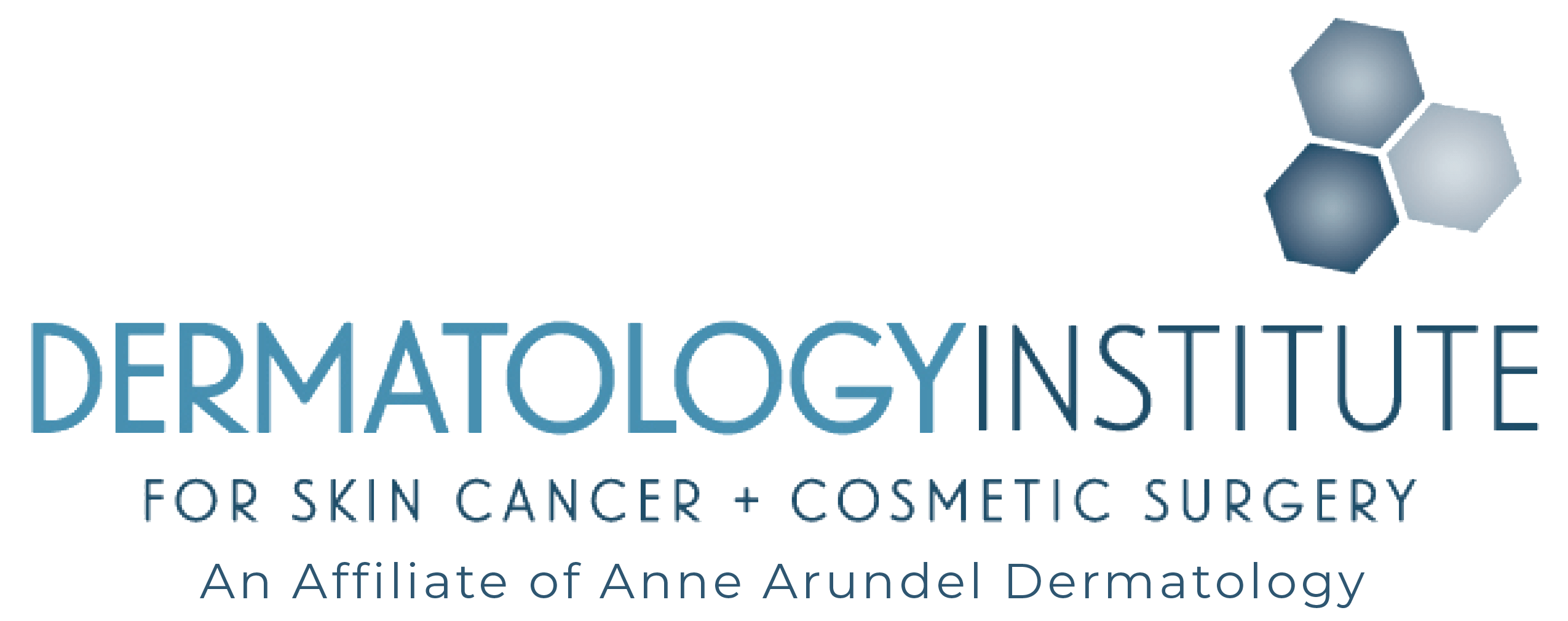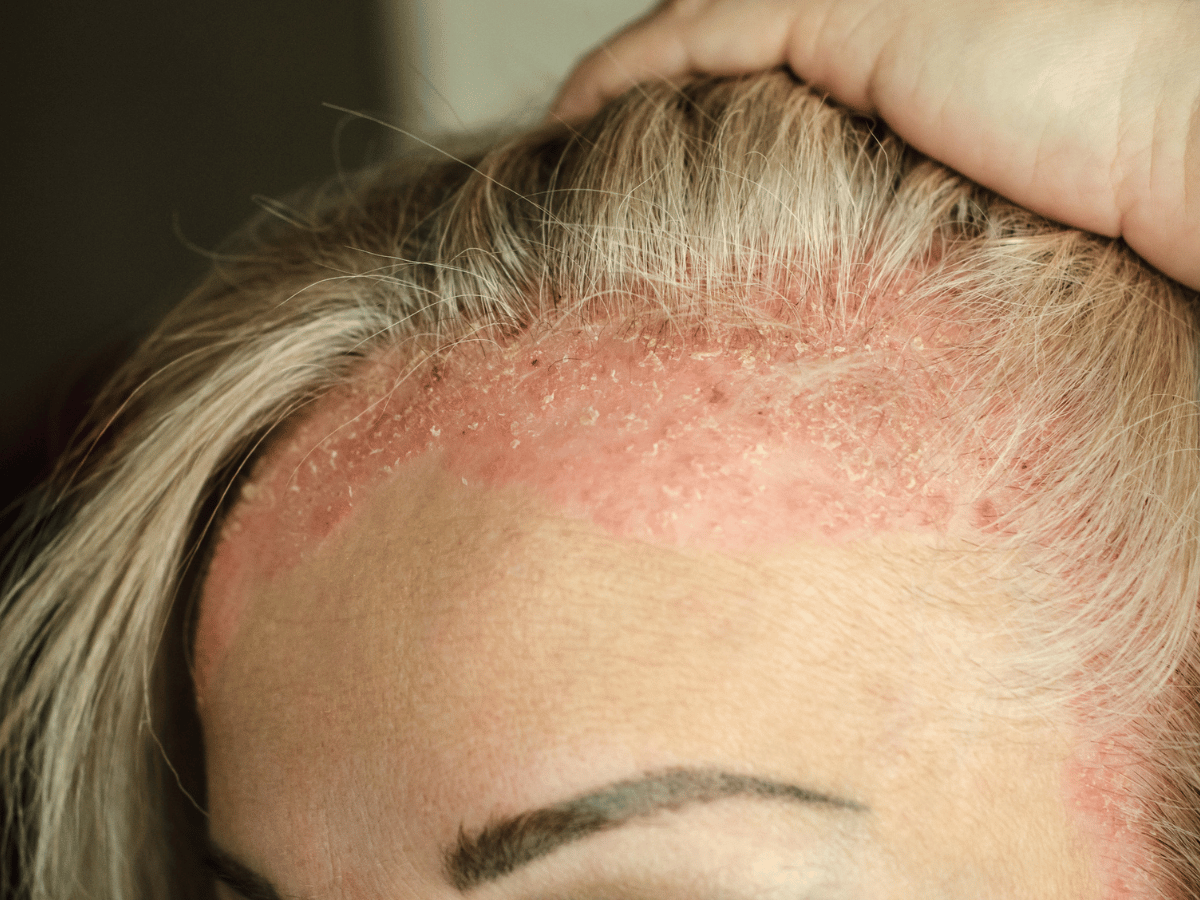What Is Psoriasis?
Psoriasis is a disorder of the skin. It afflicts approximately 2% of the United States population and more than 6,000,000 people. This condition results from the rapid turnover of skin. Normally, it takes approximately 28 to 42 days for the top layer of the skin (epidermis) to turn over in its entirety. With psoriasis, this is reduced to as little as 4 to 6 days. So, in essence, you are producing more skin than your body can eliminate.
CAUSES
The exact cause is unclear, but it is probably an abnormality of the immune system, along with nondescript environmental factors. Medications, trauma, stress or arthritis can be associated with psoriasis. Sometimes, our office may do blood testing to exclude other diseases. It is important to establish the right diagnosis so that we can implement an appropriate treatment plan from the start.
RISK FACTORS
Triggers that can cause Psoriasis to flare include:
- Infections, such as strep throat or oral thrush
- Injury to the skin, such as a cut or scrape, bug bite, or a severe sunburn
- Stress
- Cold weather
- Smoking
- Heavy alcohol consumption
- Certain medications, including lithium, which is prescribed for bipolar disorder, high blood pressure medications such as beta blockers, antimalarial drugs and iodides
FAQ
What are Types of Psoriasis Conditions?
There are several types of psoriasis conditions. These include:
- Plaque. The most common form, plaque psoriasis causes dry, red skin lesions (plaques) which are covered with silver scales. The plaques itch or feel sore and may occur anywhere on the body, including the genitals and scalp. Typically lesions occur on the elbows, knees and fingers. The skin around the joints can sometimes crack and bleed.
- Nail. Psoriasis can affect the fingernails and toenails, causing pitting, abnormal nail growth and discoloration. Psoriatic nails may become loose and separate from the nail bed-a term referred to as “onycholysis”. Severe cases may cause the nail to crumble or split.
- Scalp. Psoriasis on the scalp appears as red, itchy plaques with silvery-white scales. You may notice flakes of dead skin in your hair or on your shoulders, especially after scratching your scalp.
- Guttate. This primarily affects younger patients and is usually triggered by a bacterial infection such as strep throat. It’s marked by small, water-drop-shaped sores on your trunk, arms, legs and scalp. The sores are covered by a fine scale and aren’t as thick as typical plaqu psoriasis. You may have a single outbreak that goes away in short order or a prolonged case with repeated episodes.
- Inverse. This affects the skin of the underarm regions, groin, breasts and genitals. Inverse psoriasis causes smooth patches of red, inflamed skin. It’s more common in overweight patients and is exacerbated by friction and sweating.
- Pustular. This is a rare form of psoriasis which occurs in widespread patches or arises in smaller areas on the hands, feet or fingertips. It generally develops quickly, with pus-filled blisters appearing just hours after the skin becomes red and tender. The blisters dry within a day or two but may reappear every few days or weeks. Generalized pustular psoriasis can cause fever, chills, severe itching, weight loss and fatigue.
- Erythrodermic. This is the least common type of psoriasis. Eythrodermic psoriasis can cover the entire body with a red, peeling rash that can itch or burn intensely. It may be triggered by severe sunburn, oral corticosteroids, other medications, or by psoriasis that’s poorly controlled.
- Psoriatic arthritis. In addition to inflamed, scaly skin, psoriatic arthritis can cause pitted, discolored nails and swollen, painful joints that are typical of arthritis. It can also lead to inflammatory eye conditions such as conjunctivitis. Symptoms range from mild to severe. Although the disease usually isn’t as crippling as other forms of arthritis, it can cause stiffness and progressive joint damage that can lead to permanent deformity.
What is the Best Way to Deal With the Stresses of Psoriasis?
There are several ways to handle this. Open communication with other patients who have suffered with psoriasis is important. You can contact the National Psoriasis Foundation to learn about a plethora of support groups. This organization also provides the latest information on psoriasis. Simply log onto www.psoriasis.org, or call 1-800-723-9166.
Our Locations
Visit Dermatology Institute
Our team provides thoughtful, expert care for all your skin health needs. We are proud to offer the most advanced general, surgical, and cosmetic dermatological services in the Newnan and LaGrange areas.

